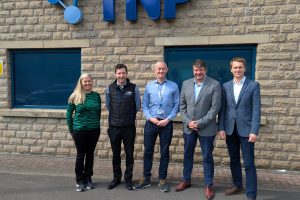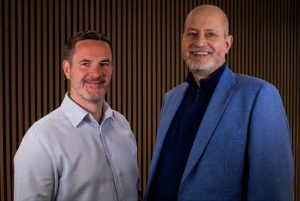Everest parent company sold by administrators for £1

THE parent company behind the Everest business formerly owned by entrepreneur Brian Kennedy was sold for just £1, new documents reveal.
The company, which was headquartered in Hertfordshire, had been through a number of buy-outs over the past decade, with Mr Kennedy completing a £63m sale to a management buy-out vehicle also led by him in 2003 before Hutton Collins took a minority stake in a deal which valued the firm at £117.9m in 2007, although he remained the major shareholder.
However, a new report filed by the administrators to Ever 1951 Ltd, Grant Thornton, stated that it was called in to review the firm’s cash flow by senior lenders Bank of Scotland and Yorkshire Bank. It was appointed to carry out a strategic review in 2010, and had been carrying out monitoring and contingency planning ever since.
The scale of its debts meant that by December 2011 it became clear that the best route for the group “was for the company to be placed into administration in order that a pre-packaged sale of the share capital could be effected, thus protecting value in the trading business”.
This deal, which was concluded when the company was placed into administration on March 28, saw Ever 1951 business sold to Hillary Bidco for £1. It then sold the Everest trading company to Better Capital for £10m, which meant that its banks were forced to write off £100m worth of debts they were owed.
Better Capital has subsequently invested a further £15m into the trading company, which has continued to trade as a solvent entity throughout and has now been freed from its former parent’s debt burden. Customers and suppliers have been unaffected by the sale.
A statement of affairs provided by director Alan Jordan into parent company Ever 1951 showed that unsecured creditors owed a total of £6.25m would largely be paid using its share capital, although a shortfall of £1.9m was likely.
The last set of filed accounts for Everest Ltd for the year to October 31, 2010, show that the company had a turnover of £173m and employed an average of 938 people. By the time of the sale, employee numbers had dropped to around 810.







